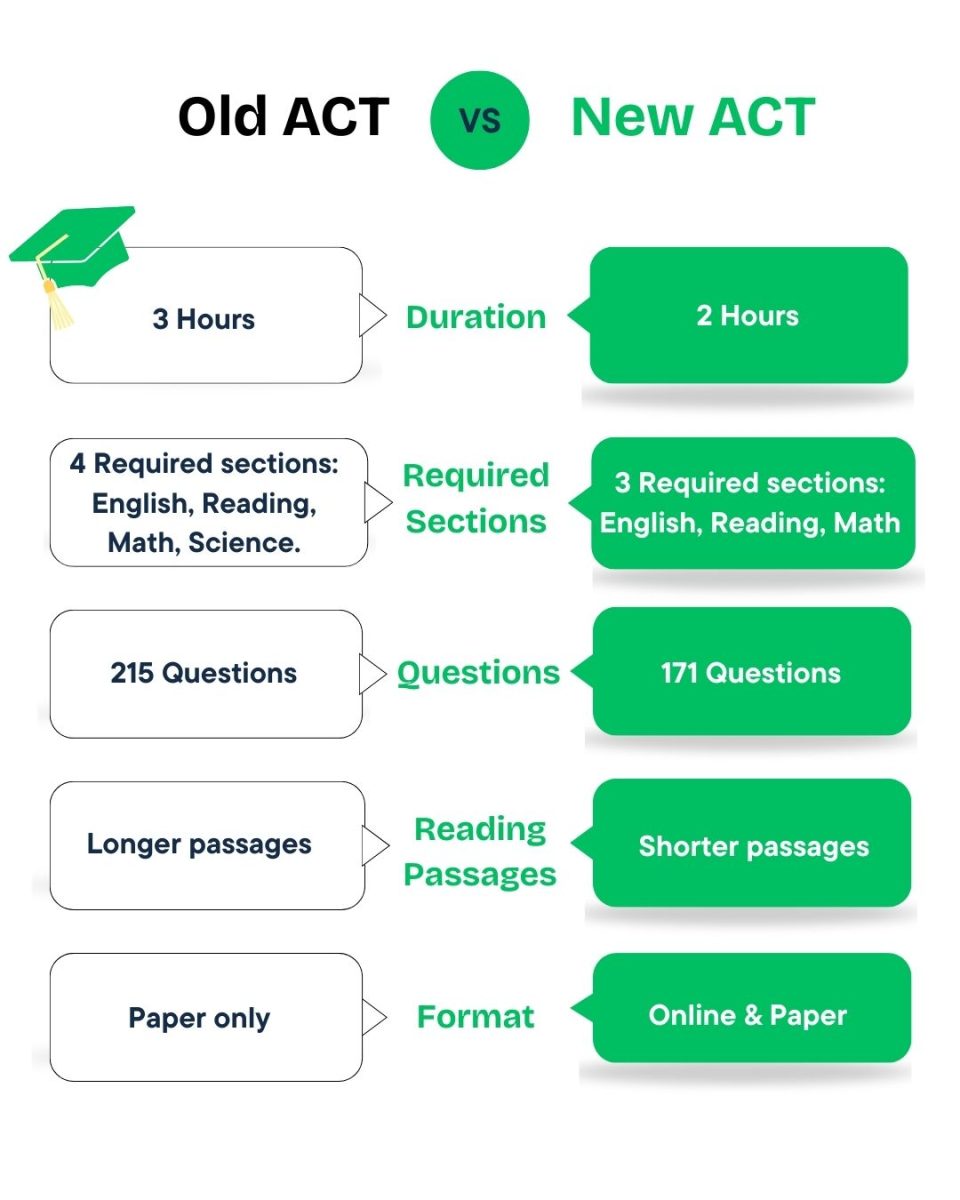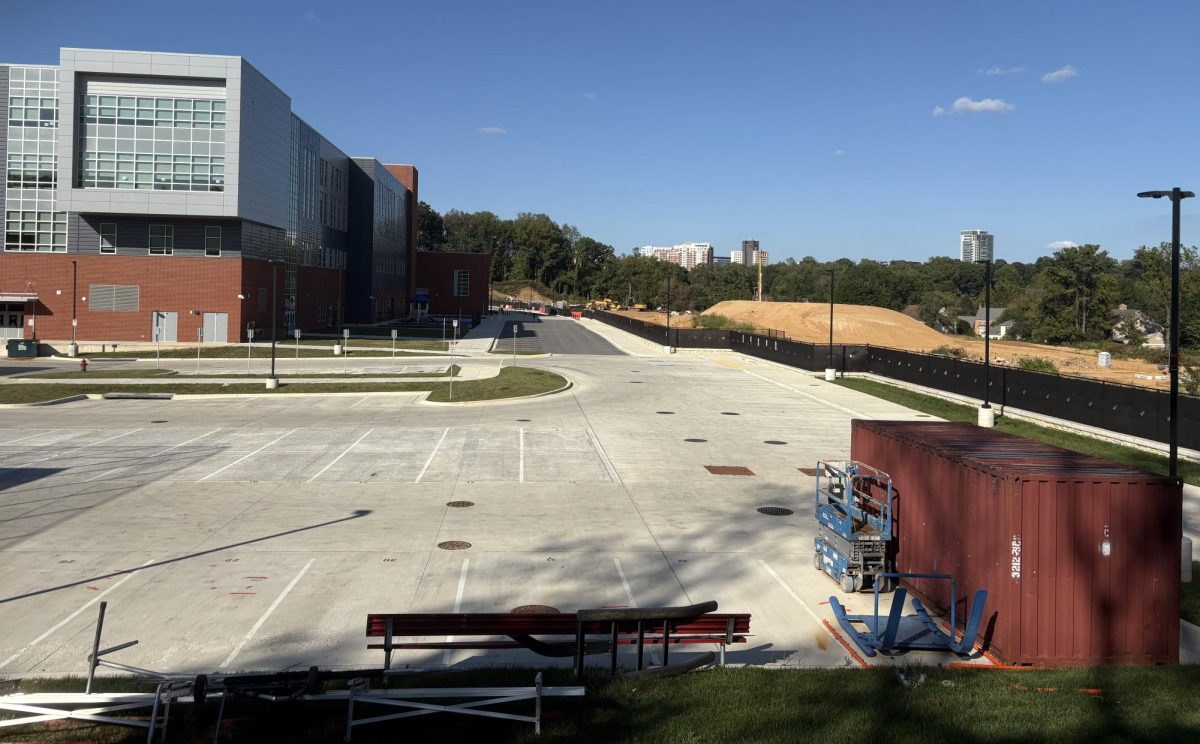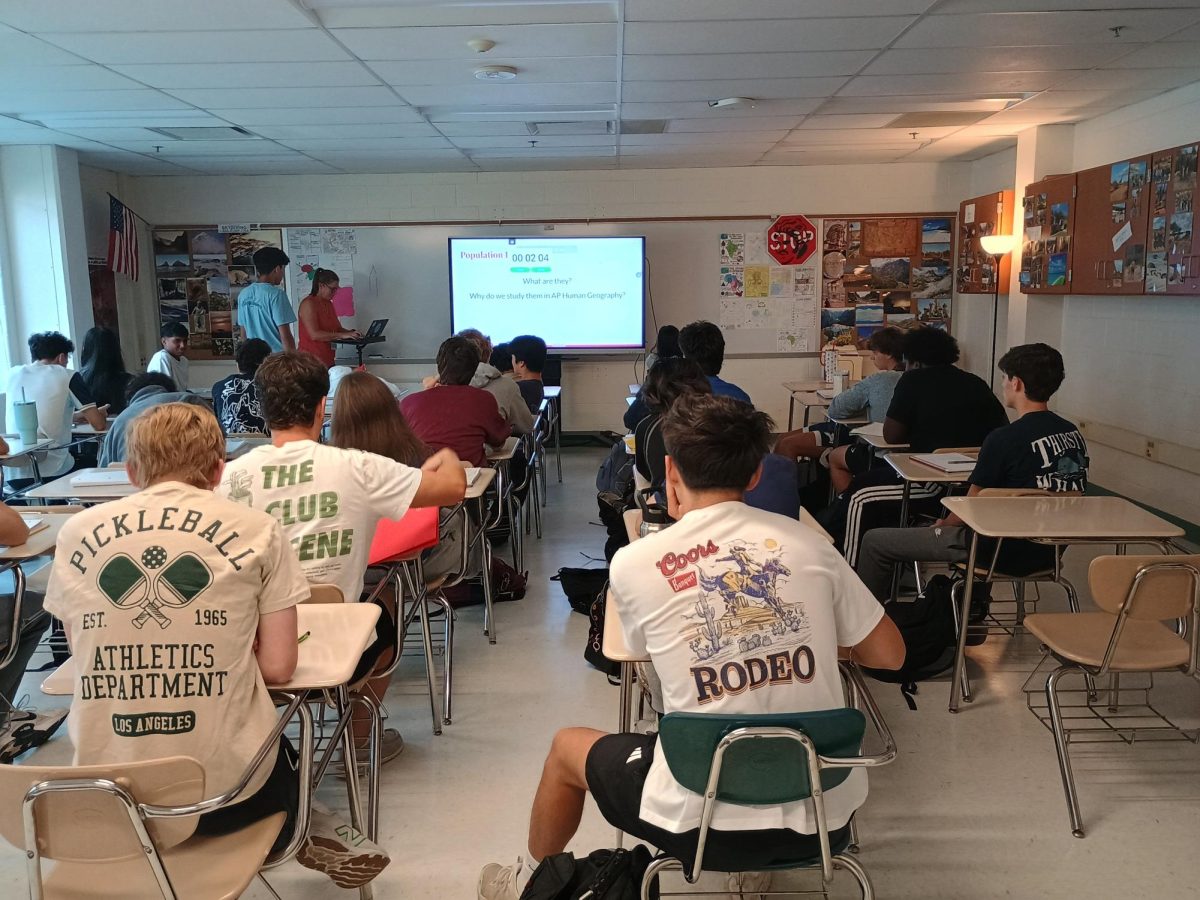Beginning this year, Walter Johnson’s Homecoming court, which is traditionally a couple comprised of a boy and a girl from each grade, will no longer be based on gender. The nomination process has been opened up to couples of any sexual orientation – a move by WJ leadership to be more inclusive in school-wide events.
In previous years, many couples have felt excluded from the selection of the Homecoming court, as the process was restricted to heterosexual couples. Senior Odile Banbara, a member of WJ Leadership’s Homecoming board, believes this was a necessary change.
“In past years, Homecoming court hasn’t really been inclusive in the sense that it’s going to be a king and queen, and with so many different types of couples at WJ, they can be left out of the court,” Banbara said.
The reasoning behind moving away from a gender oriented Homecoming court was not to force a same sex couple onto the ballot and push for them to win. Rather, leadership identified an area of schoolwide affairs that they felt could be more inclusive to the student body, and gave an opportunity to WJ students that may have felt marginalized in the past.
“In the past Homecoming court has been pretty heteronormative and it’s been targeted toward a traditional Homecoming king homecoming queen,” Kruger said. “This year we wanted to establish a homecoming court that wouldn’t be exclusive to any sexual orientation or any gender identity.”
Some see potential problems that could arise with the new method of selecting Homecoming court.
“Obviously, switching the homecoming court to just two people instead of a couple could make people upset. If two people of the same gender win, the opposite gender may feel left out of the homecoming court,” junior Teddy New said.
Leadership has also recognized that the most likely outcome for the court will still be a boy-girl couple.
“It’s been kind of a controversial decision because a lot of people feel like regardless of what we establish for the homecoming court, it’s still going to cater towards heteronormative couples,” Kruger said.
However, they believe that opening up the process to each and every couple at WJ will spread a positive message to the student body.
“We want to make sure that we are inclusive and make sure that everyone knows that it doesn’t really matter what your gender or your sexual orientation is, everyone is welcome to be a part of homecoming court,” Banbara said.
One of leadership’s main areas of focus in the 2018-19 school year has been, and will continue to be inclusiveness. Students have embraced this message, especially junior Bean Wiederkehr, who sees this change as timely and appropriate.
“I think that the whole change of the Homecoming court is a very coming of age thing. It’s 2018, meaning that it’s eighteen years after 2000. We’re breaking barriers and we’re making everyone feel equal,” Wiederkehr said.















